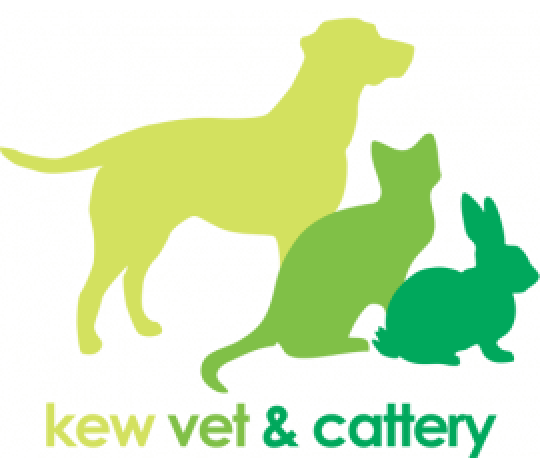Pet Dentistry
Kew Vet
The stages of Dental disease are
- Food and bacteria form plaque on the teeth
- Plaque mixes with saliva to harden and form tartar.
- The tartar causes gingivitis (inflammation and infection of the gum), which causes the gums to recede from the teeth
- The bone surrounding the tooth roots becomes affected (periodontal disease). When this occurs it is often necessary to extract diseased teeth.
Signs of dental disease can include
- Bad Breath
- Discoloured teeth
- Reluctance to eat or slow eating
- Weight loss
- Sometimes there are no signs!
Talk to one of our team about your pets dental health. There are many home care strategies to help maintain optimal dental health, and in some cases your pet may require a dental procedure.
Read About Home Dental Care
Dental home care is very important
- Brushing – is the gold standard according to veterinary dentists. Brushing the teeth daily (ultimately with a pet toothpaste and brush (finger or brush)) will help remove food and plaque before it can progress to tartar. If this isn’t done frequently then it won’t be helping your furry friend very much (it takes 2-3 days for tartar to form)
- Dental diets (Hills T/D or Royal Canin Dental). These diets are designed so that the biscuit does not shatter, and the pet must chew the biscuit, mechanically cleaning the teeth. They also have additives that bind and reduce the formation of tartar.
- Dental chews/toys – Greenies, Oravet chews, and chew toys can all encourage chewing
- ‘Healthy Mouth’ – Water additive that helps prevent the chemical reaction that produces tartar It works by interfering with the formation of the bacterial biofilm within the mouth that acts as the precursor to plaque. Simply dilute HealthyMouth into your pets bowl, each time you change the water. More information can be found
at: https://www.healthymouth.com/ - Oral gels (eg Maxiguard) – Can be applied regularly to gums to slow tartar formation
- Plaqueoff – a powdered seaweed formula added daily to your pet’s food helps eliminate bad breath, plaque and tartar associated with dental disease.
- Raw bones – Chewing bones can be highly effective in maintaining dental health, as well as providing a source of environmental enrichment. Bone chewing carries potential risks of fractured teeth and potentially gastrointestinal obstruction, and we always recommend supervision initially to ensure your pet is approaching bones appropriately. Bone feeding is best used 2 – 3 times weekly. We do not recommend feeding large beef shank or long bones as these are often very hard and highly fatty. For large dogs, chicken frames are excellent, while for small to medium dogs, lamb flaps (the rib bones) and chicken necks are ideal. For cats, raw chicken wings or chicken necks 1-2 x weekly can be useful. May be beneficial for some animals to prevent tartar formation. PLEASE NOTE – in February 2018 a new study by the University of Melbourne showed a possible link between feeding raw chicken (specifically chicken necks) and development of a serious nervous disease causing paralysis in dogs. While this appears to be uncommon, please consider this risk if feeding raw chicken to your dog.)
Regular dental check-ups and in some cases regular dental scaling and polishing are important to maintain oral care. If you are concerned about your pet’s dental health, please discuss this with one of our team.
Dental disease is a very common condition in cats and dogs. Improved dental health and care has been shown to contribute to the longer lifespan of pet cats and dogs.
Dental work in the clinic
This involves a general anaesthetic to allow us to examine your pet’s mouth fully and stress-free. Your pet may require an ultrasonic scale and polish of the teeth and beneath the gum line (where the real disease lies!) and in some cases of
We also are able to perform Dental x-rays to assess the tooth roots and jaw if necessary.
What we can see doesn’t always tell us the whole picture about our pets teeth. Often the problem can be unseen, below the gum line. Our digital dental x-ray system can diagnose conditions below your pet’s gum line that may be an ongoing source of pain. We have all the necessary equipment in-house to be able to diagnose and treat a range of dental conditions.
Contact Us
Kew Vet & Cattery
Our team of professionals are here to help make pet care easy. If you have any questions or concerns about your pet's health, don’t hesitate to get in touch. We love talking about animals and we’re more than happy to help! If you would like to make an appointment you can book online or give us a call to arrange a suitable time.
Kew Vet & Cattery
Address
13 Cotham Road, Kew, VIC 3101
Vet Opening Hours
Monday - Friday: 8.00am - 6.00pm
Saturday: 9am - 3pm
Sunday: Closed
